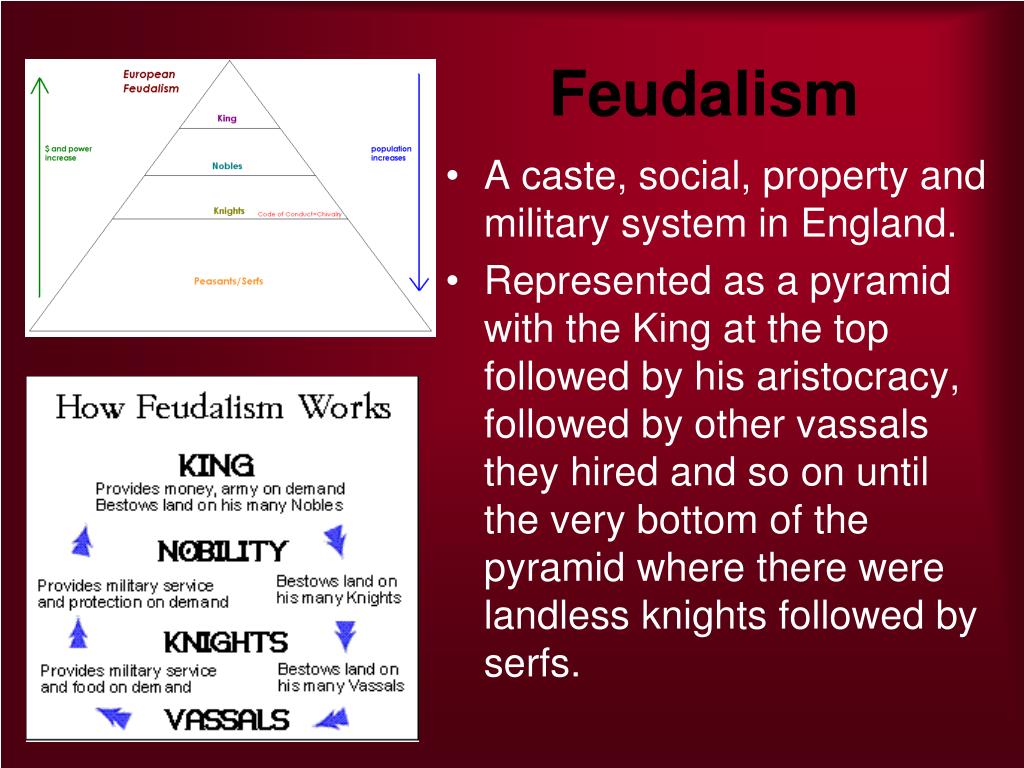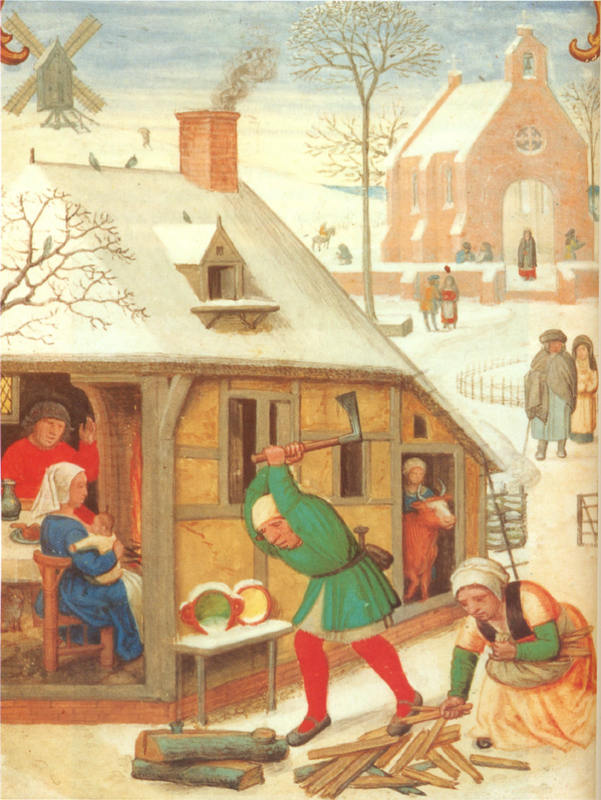

Britain fell away from the empire in the 5th century the little kingdoms of the Angles and Saxons were just coming together as one kingdom, England, when the Viking invasions began. Most of the barbarian kingdoms, successor states to Rome, succumbed to later assailants. But at that time there was never enough breathing space for society to regain its stability and strength.

Probably the chance was only real in the earliest period, before western Europe had become used to doing without an overlord. In later centuries the Hohenstaufen and Habsburg dynasties tried to restore the empire, and as late as the 19th century so did Napoleon I. In 800 Charlemagne, king of the Franks, was actually crowned emperor of the Romans by the pope.

Justinian I, the greatest of the Eastern Roman ( Byzantine) emperors, reconquered large portions of the West in the 6th century, though the destruction wreaked by his soldiers made things worse rather than better. The Europeans failed to emulate that story. Similar patterns mark the history of India and Japan. For instance, in 304 ce the nomadic Huns invaded China, and a long period of disruption followed, but at the beginning of the 7th century the Tang dynasty took charge and began 300 years of rule. Thus in China, after every time of troubles, a new dynasty received “the mandate of heaven,” and a new emperor, or “son of heaven,” rebuilt order. Elsewhere imperial thrones were never vacant for long. What really needs explaining is the fact that the Western Empire was never restored.
ROLE OF FEUDALISM IN THE MIDDLE AGES CRACK
They and others, unable to crack the defenses of Sāsānian Persia or of the Roman Empire in the East (though it was a near thing), probed farther west and at length found the point of weakness they were seeking on the Alps and the Rhine. The Visigoths were merely one among the peoples who had been dislodged from the steppe in the usual fashion. Seen against the background of the millennia, the fall of the Roman Empire was so commonplace an event that it is almost surprising that so much ink has been spilled in the attempt to explain it. The Middle Ages Dissolution and instability SpaceNext50 Britannica presents SpaceNext50, From the race to the Moon to space stewardship, we explore a wide range of subjects that feed our curiosity about space!.Learn about the major environmental problems facing our planet and what can be done about them! Saving Earth Britannica Presents Earth’s To-Do List for the 21st Century.Britannica Beyond We’ve created a new place where questions are at the center of learning.100 Women Britannica celebrates the centennial of the Nineteenth Amendment, highlighting suffragists and history-making politicians.
ROLE OF FEUDALISM IN THE MIDDLE AGES HOW TO


 0 kommentar(er)
0 kommentar(er)
